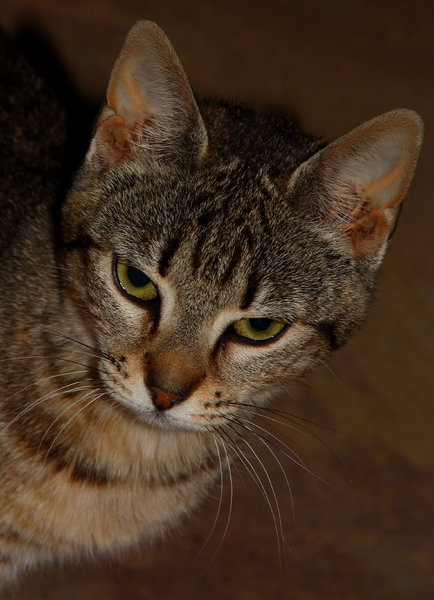Pregnancy And Cat Litter: Sorting Through The Realities.
Wiki Article

Anticipating a kid is a joyous celebration, but it likewise comes with a myriad of duties and considerations, specifically for pet owners. Amongst the lots of concerns that emerge during pregnancy, one that frequently flies under the radar is the issue of cat litter. While relatively harmless, cat litter can position threats to pregnant women and their unborn children if not handled correctly. In this post, we look into the vital information every expectant mother who owns a feline needs to know to guarantee a safe and healthy pregnancy.
The main worry about cat litter during pregnancy lies in its association with toxoplasmosis, a parasitic infection brought on by the Toxoplasma gondii parasite. Felines, particularly those who hang out outdoors, can end up being contaminated with this parasite by hunting and consuming infected prey or by entering into contact with infected soil. Once infected, felines can shed the parasite in their feces for a quick duration, typically one to two weeks, which is when they end up being providers of the illness.
Toxoplasmosis itself may not cause any symptoms in healthy individuals, but it can have serious effects for pregnant females and their coming babies if contracted during pregnancy. The parasite can be transmitted to people through unintentional intake of infected feline feces, soil, or undercooked meat consisting of the parasite's cysts. In pregnant women, toxoplasmosis can lead to miscarriage, stillbirth, or congenital impairments in the infant, such as hearing loss, vision disability, or intellectual impairments.
Offered the possible threats related to toxoplasmosis, pregnant females are typically encouraged to take preventative measures when handling cat litter. Here are some essential steps to minimize the risk of infection:
If possible, ask a partner, member of the family, or friend to take control of the job of cleaning up the litter box throughout pregnancy. This minimizes direct exposure to feline feces, reducing the danger of infection.
If you should clean the litter box yourself, cat litter box furniture wear non reusable gloves and a mask to avoid direct contact with the feces and inhalation of air-borne particles.
Guarantee the litter box is cleaned daily. The Toxoplasma gondii parasite requires a duration of one to 5 days to end up being contagious after being shed in cat feces. Prompt elimination of feces decreases the possibility of transmission.
After handling cat litter or cleaning up Modern Litter Boxes the litter box, clean your hands thoroughly with soap and water to get rid of any possible contamination.
Refrain from gardening or managing soil, particularly without gloves, as it may contain Toxoplasma gondii cysts from feline feces.
To minimize the danger of contracting toxoplasmosis from food, ensure all meat is prepared completely to kill any parasites present.
n addition to taking precautions when managing cat litter alternatives cat litter, pregnant women might also consider changing to alternative litter choices that position minimal threat. Here are some alternatives to traditional clay-based cat litter:
Silica gel litter is extremely absorbent and efficiently controls smell. It presents a lower risk of harboring parasites compared to clay-based litter.
Litters made from natural products such as recycled paper, wood pellets, or corn are naturally degradable and eco-friendly. These litters are generally thought about safe for pregnant ladies to handle.
Litters obtained from plant-based materials like wheat, corn, or pine provide an eco-friendly option to traditional clay litter. They are devoid of damaging chemicals and are safe for pregnant ladies and their animals.
As with any issues during pregnancy, it's vital to consult your doctor for individualized guidance and recommendations. If you have any concerns or unpredictabilities concerning cat litter and its possible dangers, do not hesitate to discuss them with your obstetrician or midwife. They can supply guidance customized to your individual scenarios and help ease any concerns you might have.
While owning a feline can bring immense pleasure and companionship, it's important for pregnant females to be aware of the prospective threats associated with cat litter and take appropriate preventative measures to protect their health and the health of their coming child. By following easy standards and seeking assistance from doctor, expectant mothers can browse this element of pet ownership safely and delight in a carefree pregnancy alongside their feline buddies.